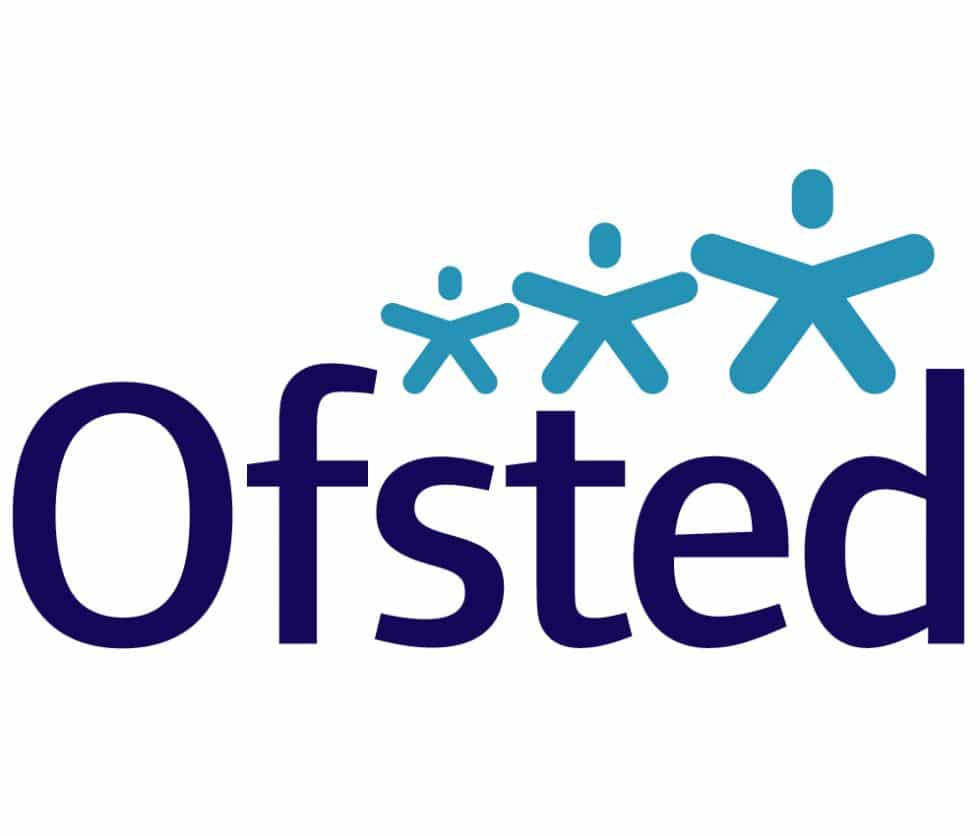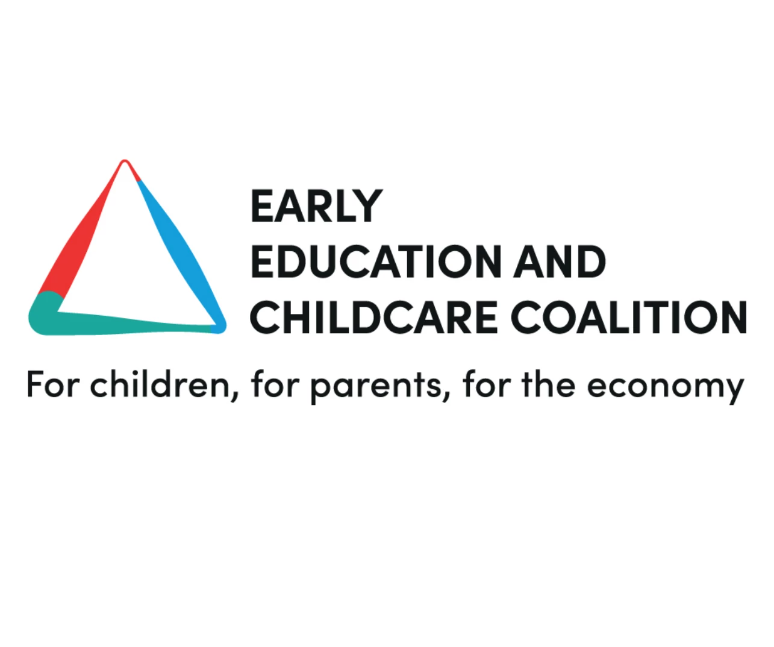
Developing Children’s Knowledge and Skills with Ofsted’s NEW Report
Ofsted has just published Report 2… …part of our series of subject-based curriculum research reviews. Do you remember the first one Best Start? This second…
September 2nd 2025
Yesterday, amid much fanfare, the government announced the start of the expansion of funded childcare hours. It may sound like a win for parents but the reality is far less secure: without proper stable funding to safeguard the sector and its workforce, this expansion risks collapsing under the weight of its own ambition.
The policy is building on more than a decade of inadequate funding; all hooked to a promise of so called “free hours”. The trouble has been that the previous governments never funded the ‘offer’ fully and the sector has been balancing the shortfalls with parents’ fees. Some of us, including LEYF, used that to cross-subsidise many places for disadvantaged children to make the funding stretch as fairly as possible. Our current government has attempted to tackle this by raising its funding contribution, but at the same time it has widened the offer even further – leaving us more thinly stretched than ever. For example, the Women’s Budget Group estimates a staggering £5 billion a year gap between what’s allocated and what it costs providers to deliver the expanded offer.
The reality is quite a lot of confusion and anger from parents who feel very aggrieved that what they understand to be “free” is not actually free, but a funded contribution which varies across providers depending on the business model, region and staffing requirements. The problem was not helped when the Chancellor imposed the National Insurance contributions after the funding formula had been announced. That added millions of pounds onto wage costs, and this has combined with increased cost of utilities, food and rent–all of which exceed the funding rate. Therefore, it is not surprising that headlines such as The Times reporting that although some savings exist, families are still paying exorbitantly. Full-time care for under-twos has surged by 62% since 2021, and nearly three-quarters of providers are giving with one hand and taking with another by raising non-funded fees, even as they pledge ‘free hours’.
Last week I was at the EECERA25 Early Childhood Research conference. Colleagues from Scandinavia shared a presentation on how negative stories about the sector circulating on social media are affecting staff. Their findings (another blog!) show that the negative portrayal of the sector, the unkindness about their work and the lack of care and understanding has really upset them and caused them to quit.
This is the last thing we need in a sector that is growing and depends on the highest quality staff to give our youngest children the best start in life. Babies as young as nine-months-old cannot speak up for themselves, yet they are the ones who suffer most from poor quality care when staff are overworked and under-qualified. Getting a place in a nursery or with a childminder is not enough, it must be the right place with the right staff doing the right things or God help the children!
So, we need to agree how we take the offer of Early Childhood Education and Care forward. Do we penny pinch so the statistics from an ECEC survey play out?
The situation of how to build a decent ECEC infrastructure is unresolved. The government could have been braver and challenged the nightmare known as universalism when they knew they could not afford this. Now they have to decide:
Childcare is no longer optional. It is a vital part of the national infrastructure. We live in a two-person economy, and we have a dropping birthrate, so we need children to replace ourselves. The expansion could have been much better handled and lead a wider conversation with the public about how it should be delivered. It was a missed opportunity and will continue to be a problem for every government until we transform it into a service not a hollow promise.
Watch me discuss this issue on BBC London News on Monday 1 September.

Ofsted has just published Report 2… …part of our series of subject-based curriculum research reviews. Do you remember the first one Best Start? This second…

Stronger in Numbers as the Early Education and Childcare Coalition Launches This week marks the launch of the Early Education and Childcare Coalition (EECC) – a group of experienced…

The London OBC is coming on the 8th April 2025 We will be hosting it at Bain where we can take up to 100 people in person. This time…